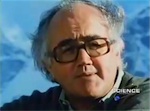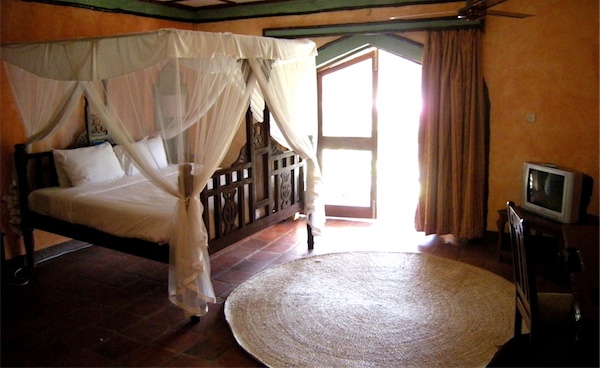Last night’s episode of Stilgherrian Live is now online for your viewing pleasure.
After some excellent nominations for “Cnut of the Week” — which I failed to list in full on the program, sorry — I chose the usual shortlist of four.
Poor former NSW Liberals leader Peter Debnam only scored one vote (6%), coming in 4th place. Amazon.com came in 3rd (17%) for their deletion of George Orwell’s books from people’s Kindles. And in 2nd place (33%) were the critics of Italian prime minister Silvio Berlusconi, who won’t leave the man have his sex life in peace, or something.
But the clear winner of “Cnut of the Week” was the oldest member of Australia’s House of Representatives, Wilson “Ironbar” Tuckey (44%), who throughout the program was represented by a photo of Treasurer Wayne Swan. Don’t ask.
Now, the prize draw…
Mark Pesce was drawn first from the Cocktail Shaker of Integrity, but he’d already gone to bed. Someone summoned him via SMS, but deliberately gave him the wrong codeword. So, Mark dutifully emailed me “pineapple” when I was after “elephant”. They’re so easy to confuse!
DAemon was drawn next, but he wasn’t watching.
The t-shirt from our friends at King Cnut Ethical Clothing went to Woolly Mittens. Enjoy!
Stilgherrian Live will return next Thursday night at 9.30pm Sydney time. Unless I tell you it doesn’t. It’s not the same without the live chat amongst the audience, so watch it live. No, really.




